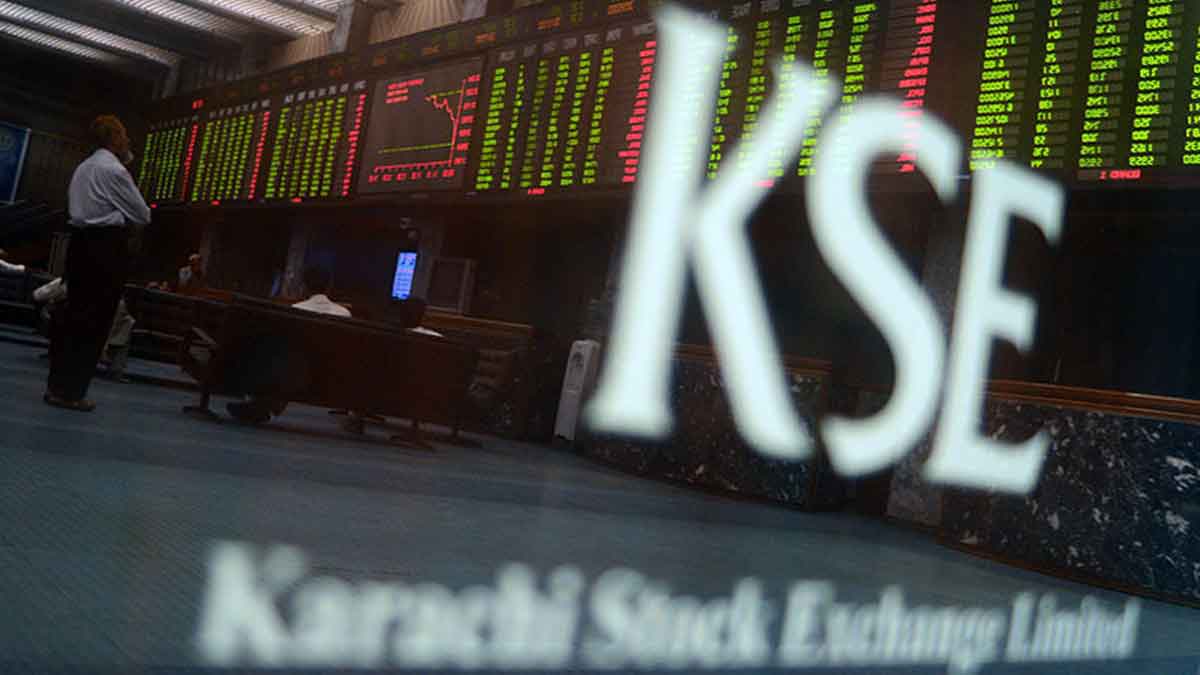Pakistan’s benchmark KSE-100 Index witnessed largest decline after eight quarters where index was down by 8% on quarter-on-quarter basis. The index fell 17% in USD terms in the second quarter of 2022.
The benchmark KSE-100 Index was down by 12 percent in FY22 against increase of 38 percent in FY21.
In the second quarter of 2022, average daily traded volumes in the Cash and Ready market declined by 63% on year-on-year basis while increased by 9% on quarter on quarter basis and stood at 250 million shares.
10% Super Tax
To tackle the nation’s economic problems, Prime Minister Shehbaz Sharif recently imposed a super-tax of 10% on the nation’s major industries and manufacturers.
In light of the current financial environment, the prime minister announced several difficult measures, including a 10% tax on the following industries: steel, cement, sugar, oil and gas, fertilizers, energy and terminal, and textiles.
He also mentioned that the banking and tobacco industries would be subject to the super tax. After the budget measure is passed, “teams will be appointed to collect tax,” the prime minister said, adding that the tax will be imposed for a specific amount of time.
KSE-100 index cross 45,000 mark for first time in 3 years
He added that there will be a 1% tax on those making Rs 150 million or more annually, followed by 2% and 3% taxes on those making Rs 200 million and Rs 250 million annually, respectively.
The poor sectors had contributed to addressing economic problems, and now it was the turn of the privileged to contribute, he said, adding that those making $300 million would pay 4% of their yearly income.
Minutes after Pakistani Prime Minister Shehbaz Sharif imposed a 10% “super-tax” on major businesses, the Pakistan Stock Exchange (PSX) plummeted.
Right after the opening bell, there was intense selling pressure on the stock exchange. The benchmark KSE-100 index was down 2,055 points, or 4.8 percent, as of 12 o’clock. For 45 minutes, trading was suspended.





















